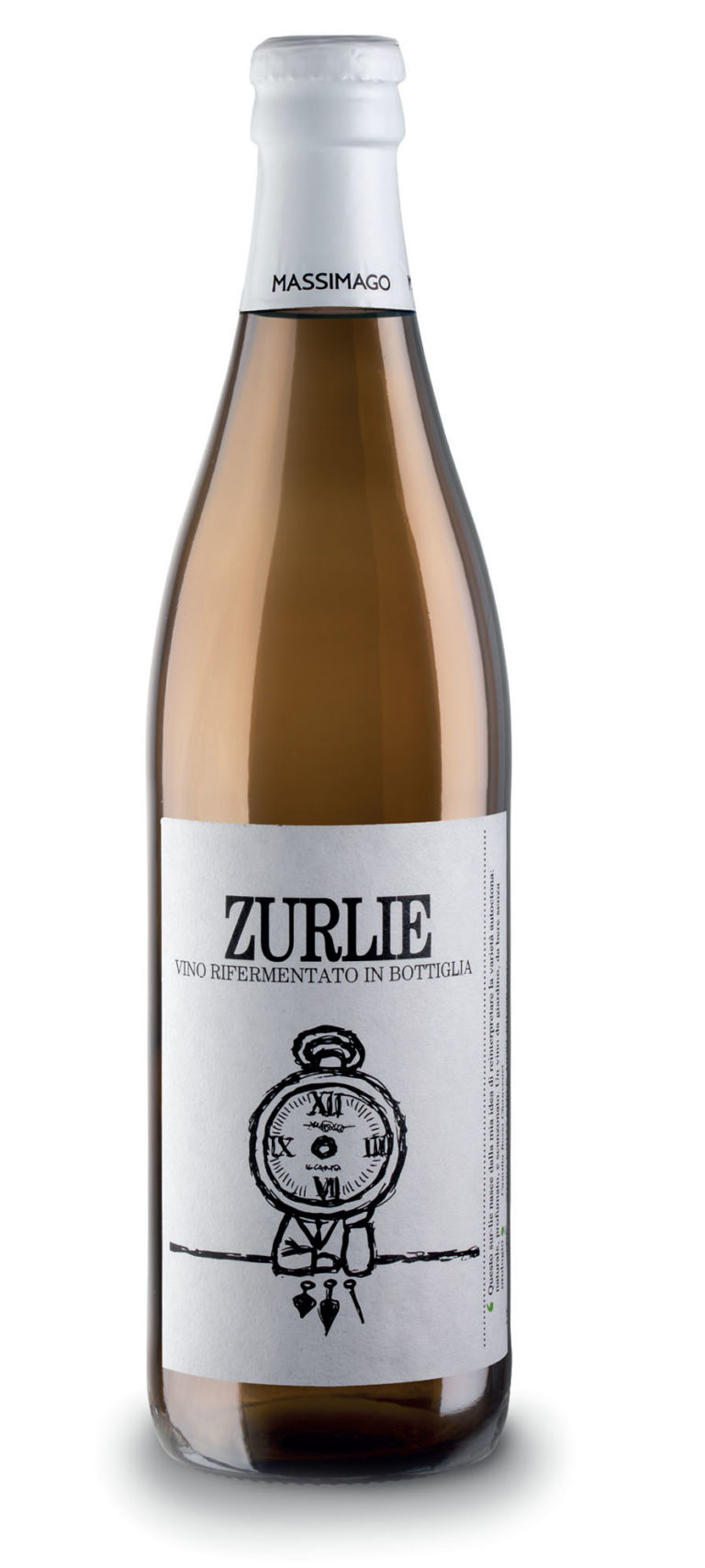Zurlie Petnat Rosé Bio
This frizzante wine sur lie was born from a challenge to make the minerality and freshness of grapes grown on the Massimago estate the hero of the story. Experiments lead to the discovery of a unique wine to the Valpolicella region. An extremely versatile wine that represents with simplicity a new expression of traditional wine making.
Appellation: Vino
Type: Petnat, light pink from brief skin-contact, frizzante wine.
Blend: 65% Corvina, 25% Corvinone, 10% Rondinella.
Certified Organic
Color: Unshaken it is a clear, light pink, a gentle shake and it is hazy salmon pink.
Bouquet: Delicate, aromas of yeast, pink grapefruit, delicate pefume of rosebud, wild strawberries and mulberry, with a vibrant stony minerality.
Taste: Fresh and juicy with a light, strawberry and salty mineral note. The finish is extremely refreshing.
Alcohol: 12%
Sugar: 0.0 g/L
Serving Temperature: 10/12 °C (50-55º F) or as cold as you like.
Pairing: The perfect aperitif. Good paring with cold cuts and fried foods (fish, tempura), risotto, raw fish on ice, oysters, and pizza.
Location: Massimago estate.
Soil type: Mezzane di Sotto – Marly/clay soil.
Altitude: 100–380 meters (330-1,250 feet) a.s.l.
Density: 5,000 plants/hectare.
Training System: Guyot.
Vinification: The grapes are hand picked between end of August and beginning of September in order to keep high acidity. After a short maceration of few hours the grapes are pressed to get a a pale pink must. The must is cold fermented for a week. The wine is bottled with its own yeasts for the second fermentation in the bottle. When the yeasts stop their action, they deposit at the bottom of the bottle, the contact with lees increases the complexity of the wine. The pression in the bottle is 2.5 BAR.
Process and experimentation: Massimago limits the use of sulphites. Every year we start new experiments with the Oenology departments of the Universities of Milan and Conegliano (Padua).


